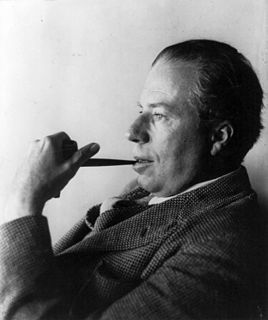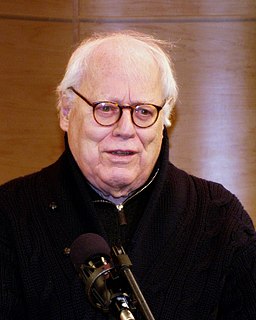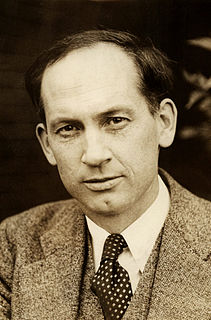A Quote by Wendell Phillips
What gunpowder did for war the printing press has done for the mind.
Related Quotes
The full impact of printing did not become possible until the adoption of the Bill of Rights in the United States with its guarantee of freedom of the press. A guarantee of freedom of the press in print was intended to further sanctify the printed word and to provide a rigid bulwark for the shelter of vested interests.
In one sense, the Internet is like the discovery of the printing press, only it's very different. The printing press gave us access to recorded knowledge. The Internet gives us access, not just to knowledge, but to the intelligence contained in people's crania, access to the intelligence of people on a global basis.
The coming of the printing press must have seemed as if it would turn the world upside down in the way it spread and, above all, democratized knowledge. Provide you could pay and read, what was on the shelves in the new bookshops was yours for the taking. The speed with which printing presses and their operators fanned out across Europe is extraordinary. From the single Mainz press of 1457, it took only twenty-three years to establish presses in 110 towns: 50 in Italy, 30 in Germany, 9 in France, 8 in Spain, 8 in Holland, 4 in England, and so on.





































